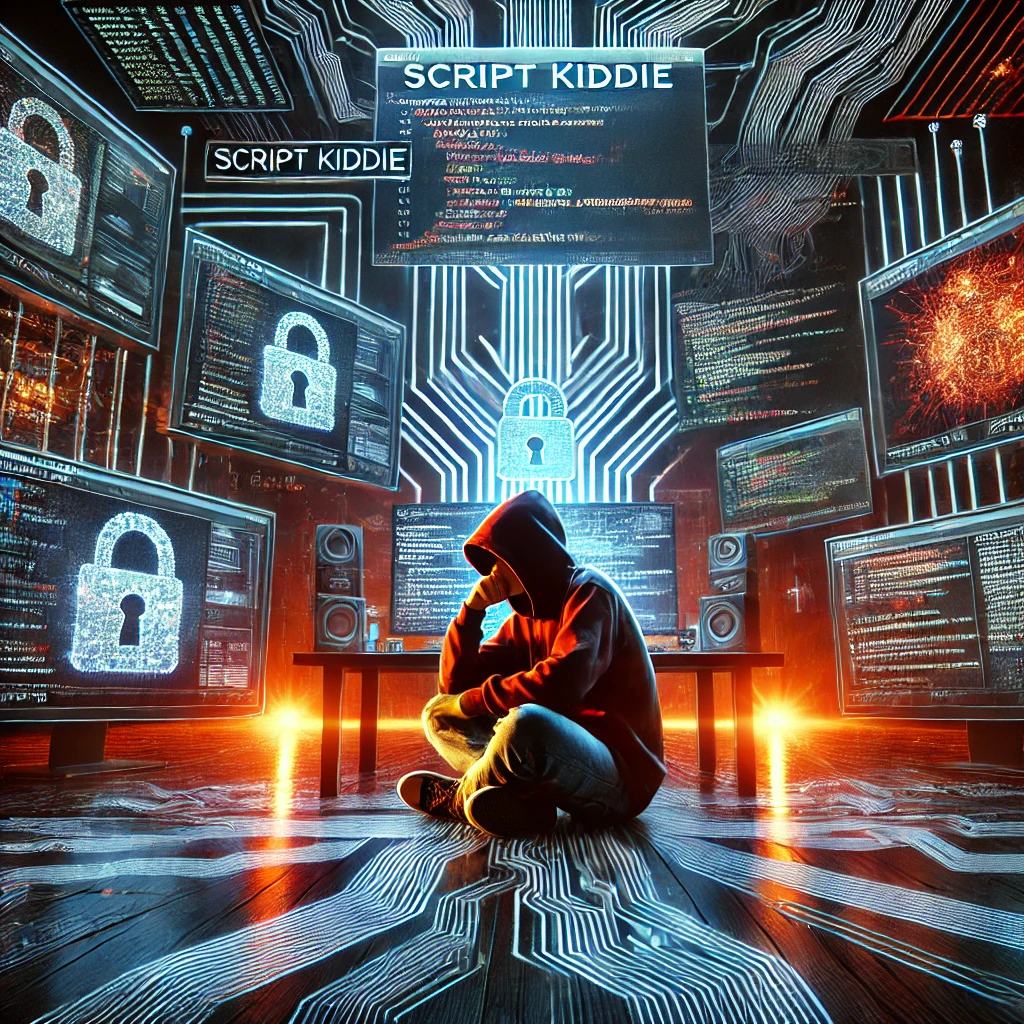Script kiddies may occupy the lowest rung on the ladder of cybercriminals, but their impact can still be significant. The widespread availability of hacking tools means that even unskilled individuals can launch disruptive and damaging attacks. Understanding the motivations, tools, and techniques used by script kiddies is essential for developing effective defenses against them.
Organizations must take the threat of script kiddies seriously by implementing strong security measures, educating users, and staying vigilant for signs of attack. At the same time, there is an opportunity to address the root causes of script kiddie behavior through education and positive engagement, helping to turn potential threats into valuable contributors to the field of cybersecurity.
In the end, the rise of the script kiddie is a reminder that cybersecurity is not just about defending against highly skilled adversaries but also about protecting against those who, armed with the right tools, can still cause significant harm. By taking a comprehensive approach to cybersecurity, organizations can better defend themselves against threats from all levels of the cybercriminal hierarchy.


